We evidence how the pandemic has shifted educational institutions around the world into online and hybrid learning and teaching. However, the application of a wide range of digital learning and teaching methodologies is in the background of the modern approach to teaching and lifelong learning during the Industrial Revolution 4.0. In order to take advantage of such teaching and reduce risks, we are developing support for higher education teachers in the development of digital competencies and the necessary tools for interesting and meaningful teaching and learning says the mission of the eDESK international project.
"Innovations in teaching on HEIs should be the rule, not the exception. Everything we have learned about the online teaching, advantages and disadvantages needs to be analyzed, improved and put into practice. HEIs in 21st century cannot work in the ways introduced in the 19th century. University professors should be leaders in learning and innovation, not inhibitors of development", emphasizes the head of the eDESK team at FOI, Full Prof. Blaženka Divjak, Ph.D.
Therefore, on May 25- 26, 2022, a partnership meeting of the international Erasmus + project eDESK: Digital and Entrepreneurial Skills for European Teachers in the COVID-19 World will be held at the Faculty of Organization and Informatics in Varaždin. The project was inspired by the current (post) pandemic requirements for the transition to digital education.
The eDESK project is implemented in cooperation with five institutions from four EU countries: Santander International Entrepreneurship Centre (CISE, coordinator) and Cantabria University in Spain, Lappeenranta-Lahti University of Technology in Finland, University Nova in Lisbon in Portugal and the Faculty of Organization and Informatics of the University of Zagreb from Croatia.
The aim of this partnership is to offer to higher education teachers an innovative model of a hybrid education program and high-quality resources and tools to apply more adequate, up-to-date and effective learning methods in scenarios such as a pandemic.
A special feature of this project are unique best practice examples and training for teachers. The innovativeness of the eDESK methodology relies on the possibility of a strategic approach to the use of simultaneous live learning and digital learning. The results of the project will contribute to improving the effectiveness of higher education programs with tools that will enable teachers to acquire more skills and be better prepared to adapt teaching and ensure greater accessibility and equal opportunities for students not only during, but also after the pandemic.
To identify key success factors already embedded in hybrid education programs in different parts of the world, eDESK partners started their joint work, in March 2021, by identifying best international practices in multidisciplinary entrepreneurship education using online access and (semi) live teaching. Based on the results of these analyzes and additional joint work of the partners, the project will result with a guide for teachers that will include examples of best practice and a proposal of an innovative hybrid teaching and learning methodology.
In addition, to bring this new methodology closer to teachers, eDESK will design additional learning materials that will include multimedia tools, case studies, gamification possibilities in teaching and digital strategies, all available on open digital platforms. These results will be developed as open and transferable, with the aim of facilitating the implementation of the methodology in the various educational institutions involved in the project, as well as in other universities in Europe.
Teachers from all partner institutions, including 10 teachers from FOI, led by Full Prof. Blaženka Divjak, Ph.D., will have the opportunity to be the first to test the above results of the project as part of an international training activity to be held from 4 to 7 July 2022 at the University Nova in Lisbon.
This ambitious initiative is funded by the European Commission under the ERASMUS + programme with a total amount of EUR 230,000.
More about the project is available here.



